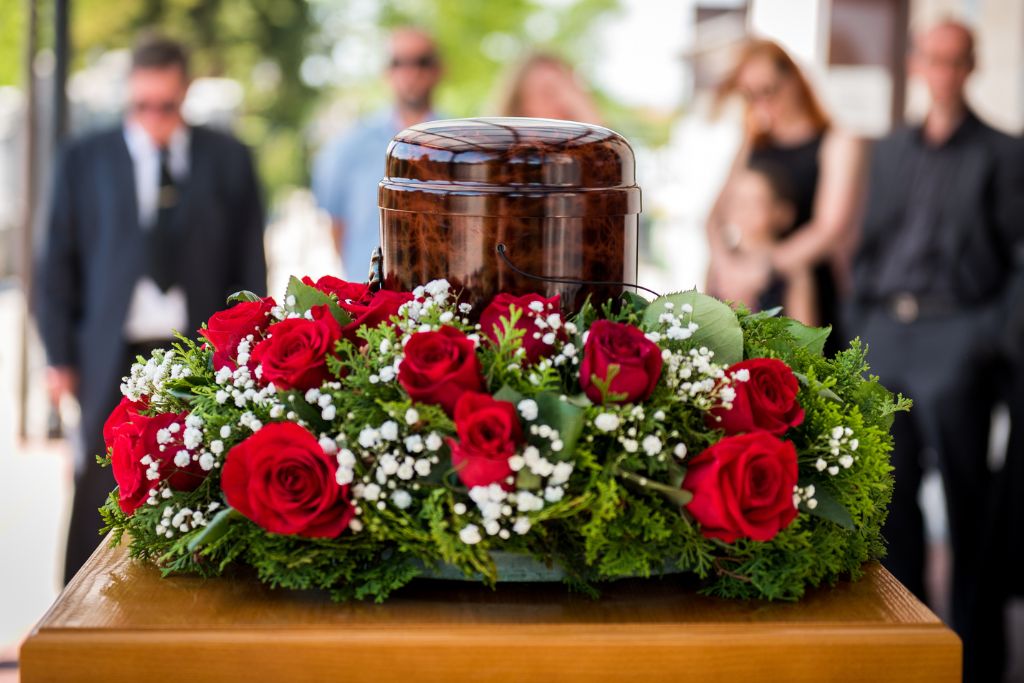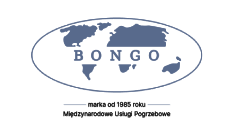Reporting a death abroad and obtaining a local death certificate
After the death of a loved one abroad, the first step is to report the death to the local civil registration authorities — depending on the country, this may be the local civil registry office, medical services, or the police. Following this report, a foreign death certificate is issued, which serves as the basis for further procedures.
A death certificate can also be obtained through a Polish consulate, which acts on behalf of the family. An application for a copy of the certificate may be submitted by the closest relatives: a spouse, children, parents, siblings, or legal representatives. If you do not speak the official language of the country, the assistance of the consulate can be invaluable. A consular fee is required, which in EU countries amounts to several dozen euros. The documents do not have to be submitted in person — the application may be sent by mail, and the issued copy will be delivered the same way.
BONGO – International Funeral Services, based on the appropriate authorizations, contacts the relevant offices directly, significantly relieving the deceased’s family of these formal obligations.
Translation of the death certificate by a certified translator
A foreign document must be translated into Polish by a sworn (certified) translator. The only exception is the so-called international death certificate (Form C), which contains information in multiple languages, including Polish — in such cases, no additional translation is required. A properly prepared certified translation helps avoid problems when registering the death in Poland.
Transcription of a foreign death certificate in Poland
The next step is the transcription of the death certificate, meaning its entry into the Polish civil registry records. This procedure is carried out by the Civil Registry Office (USC) competent for the applicant’s place of residence.
The application for transcription must include:
- the original or a copy of the foreign death certificate,
- a certified translation (if the document is not an international form),
- documents confirming the applicant’s relationship to the deceased (e.g., marriage certificate, birth certificate),
- a completed transcription application form.
The application may be submitted in person, through an authorized representative (for example, a funeral home), or by mail.
Obtaining a Polish copy of the death certificate
After the transcription is completed, the Civil Registry Office (USC) issues a Polish copy of the death certificate, which is recognized by all offices and institutions in Poland. This document is required, among other things, for organizing the funeral, notifying ZUS of the death, handling inheritance matters, and closing bank accounts.
It is advisable to request several copies of the abridged death certificate at the same time.
When there is no foreign death certificate – what then?
Sometimes, the family is unable to obtain a copy of the death certificate, or the death has not yet been registered by the local authorities abroad. In such a situation, it is possible to submit an application in Poland for the reconstruction of the death certificate. Other documents confirming the death will be required, such as a medical certificate, a police report, and their certified translations.
Why is the Polish copy of the death certificate so important?
The death certificate issued by the Polish Civil Registry Office (USC) plays a crucial role in many official procedures, including:
- organizing the funeral,
- notifying ZUS, KRUS, or NFZ of the death,
- matters related to banks (closing accounts, accessing deposits),
- inheritance proceedings,
- applying for the funeral allowance,
- terminating contracts (e.g., with utility or mobile service providers).
It is worth seeking expert assistance
The formal procedures following the death of a loved one abroad are often complex. It is advisable to use the help of professional companies specializing in international transportation of the deceased, such as BONGO. Through cooperation with Polish consulates, local authorities, and funeral homes, they offer comprehensive assistance in obtaining and translating the necessary documents, handling the entire transport procedure, and subsequently organizing the funeral ceremony in Poland.
Do you need help bringing the body of a loved one back from abroad?
Obtaining the death certificate of a person who passed away abroad is only one of many formalities that must be completed — the next step is obtaining the consent of the local district governor (starosta) responsible for the place of burial.
The advisors at BONGO will handle the collection of all the required documents both in the country where the death occurred and in Poland.
We invite you to contact us:
+48 22 831 00 36
+48 506 155 499
biuro@bongo.com.pl













